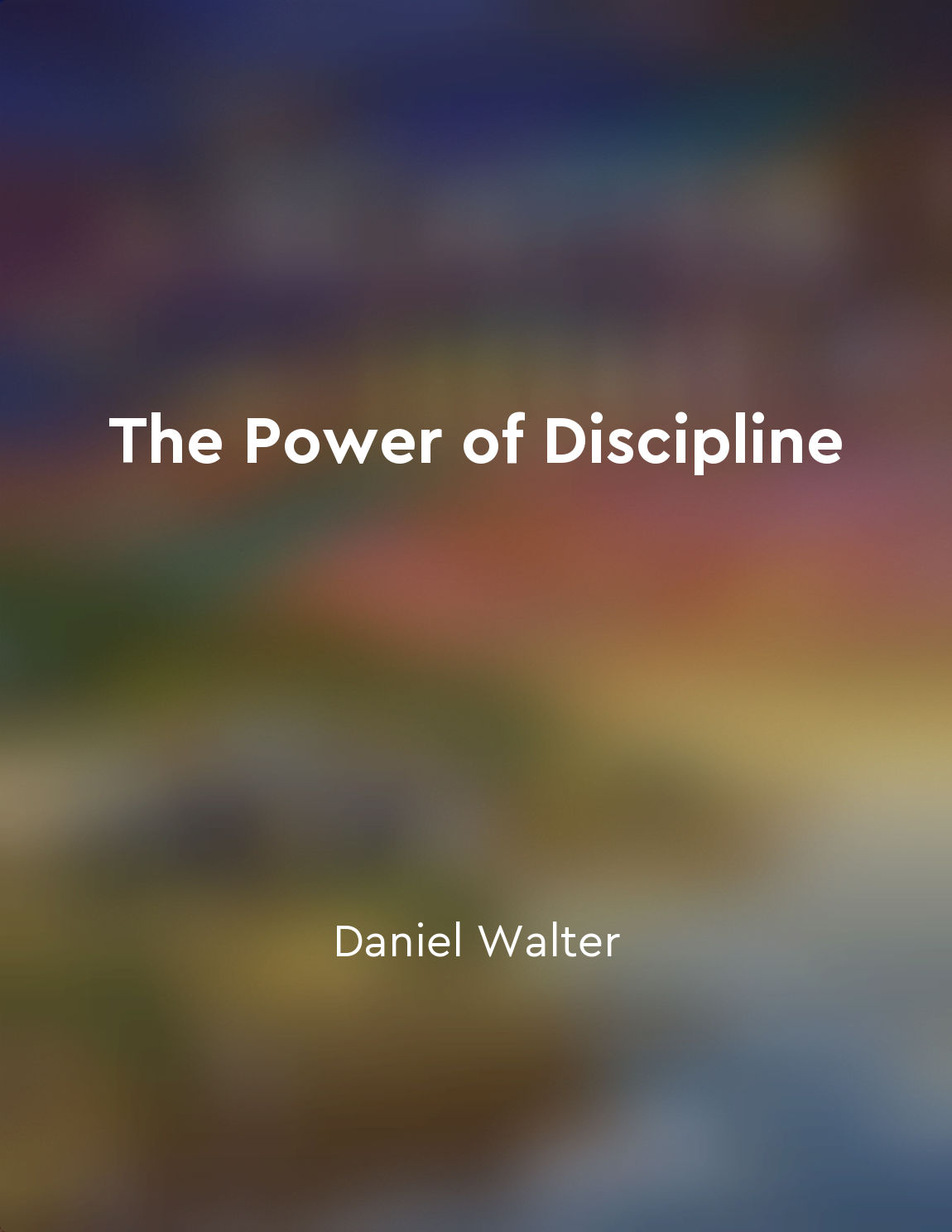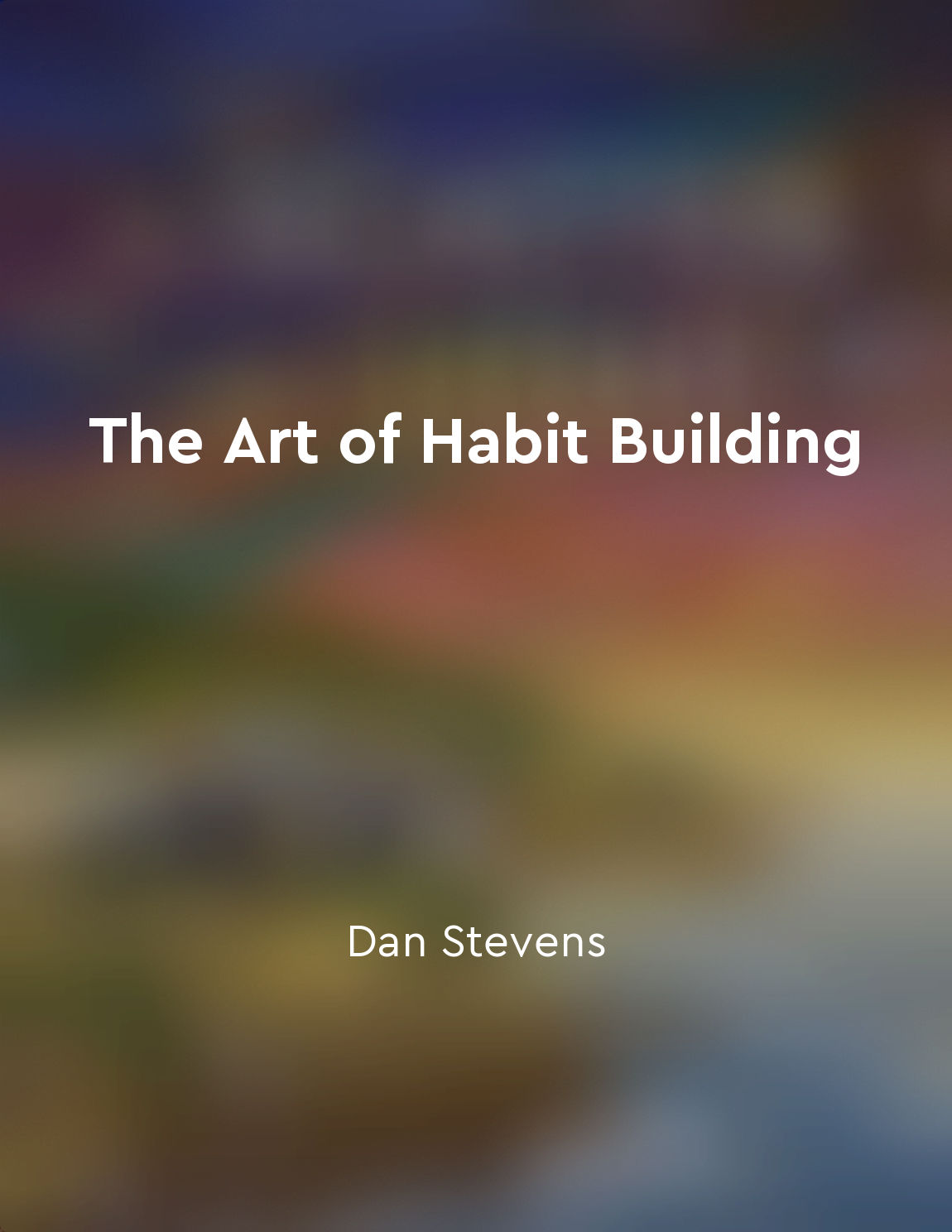Audio available in app
Understand the brain's role in habits from "summary" of Rewire by Richard O'Connor
To understand why we fall into habits, we need to delve into the inner workings of our brain. Our brain is a complex organ that is constantly seeking ways to conserve energy. It does this by turning repeated behaviors into automatic habits, which require less cognitive effort to perform. When we engage in a behavior repeatedly, our brain creates neural pathways that make it easier for us to repeat that behavior in the future. These neural pathways are like well-worn paths in a forest - the more we walk along a certain path, the easier it becomes to follow that same route. Over time, these habits become deeply ingrained in our brain, making them difficult to break. This is why we often find ourselves mindlessly engaging in habits, even when we know they are harmful or unproductive. Furthermore, our brain is wired to seek out pleasure and avoid pain. When we engage in a habit that provides us with pleasure, such as eating our favorite comfort food or scrolling through social media, our brain releases dopamine - a neurotransmitter associated with reward an...Similar Posts
Time management strategies for efficient workouts
To maximize the efficiency of your workouts, it is essential to implement effective time management strategies. In order to ach...

Accountability is crucial in maintaining discipline
Maintaining discipline is no easy feat, especially when faced with various distractions and temptations. One key factor that pl...
The mind is fallible
The mind is fallible. This is a truth that we must acknowledge and accept. Our minds are not infallible, perfect instruments of...
Meditation can help regulate the stress response
The human body is equipped with an intricate system that responds to stress, known as the stress response. When faced with a st...
Focus on actions rather than intentions
When it comes to creating change in your life, it's easy to get caught up in good intentions. You might have every intention of...
Small changes can lead to remarkable results
The idea that small changes can lead to remarkable results is a central theme in the book. The author emphasizes that even the ...
Set yourself up for success
Setting yourself up for success is crucial when it comes to achieving your goals. By creating an environment that supports your...
Stroke and brain injury survivors can regain abilities through therapy
The idea that stroke and brain injury survivors can regain abilities through therapy challenges the traditional belief that the...
People can change their habits by altering their selfimage
Duhigg explores how individuals can transform their habits by changing the way they view themselves. When people believe in the...

Replace bad habits with new ones
The key to breaking bad habits is not simply to eliminate them, but to replace them with new, healthier habits. By doing so, yo...
